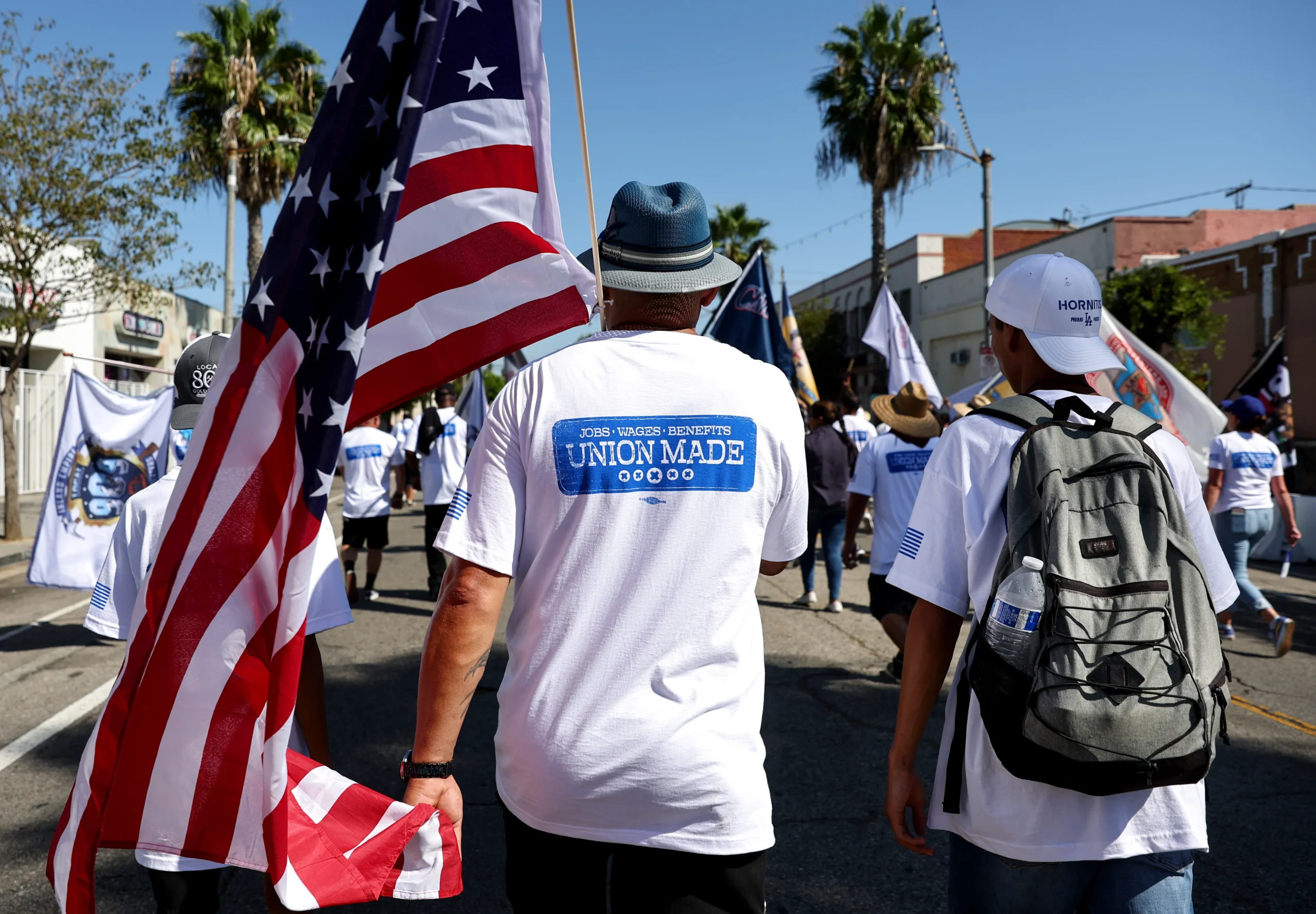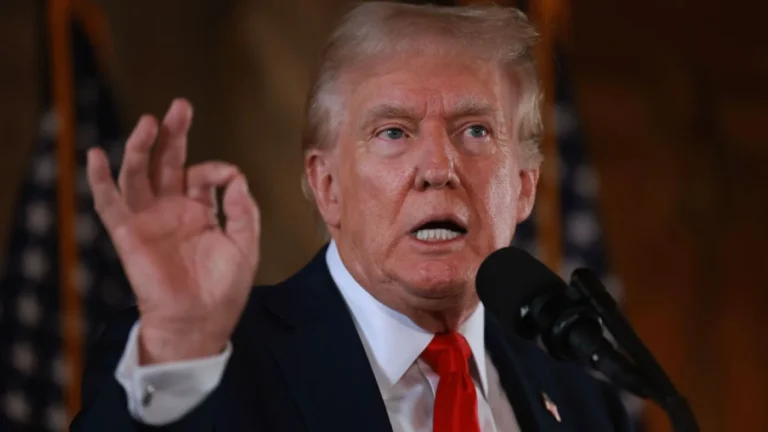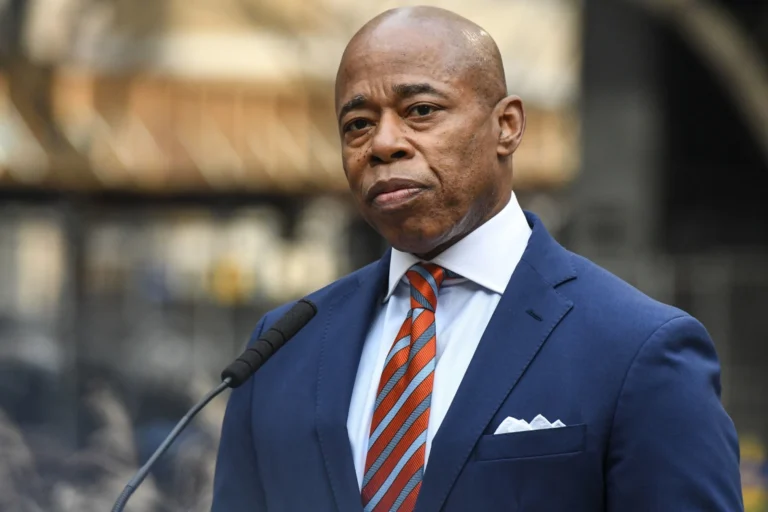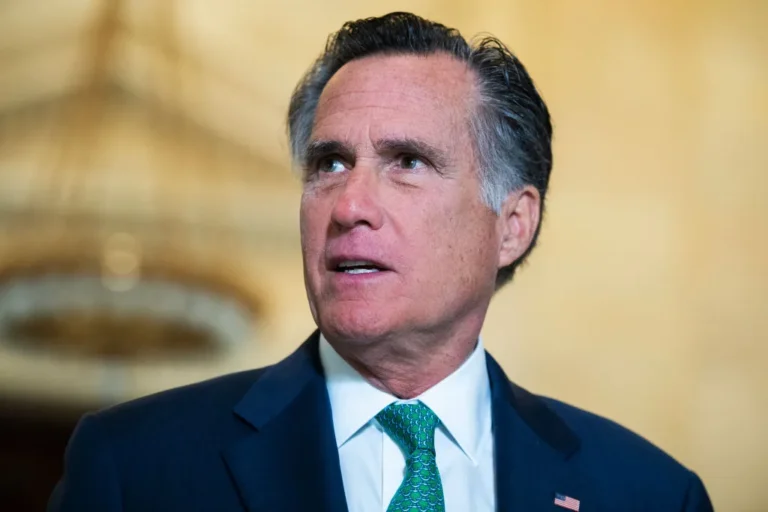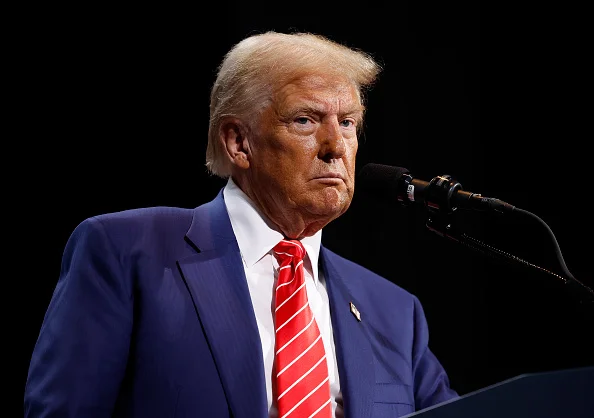California Labor Union’s Strategy Backfires, Elevates Republican Opponent in State Senate Race
A University of California workers’ union, AFSCME Local 3299, played a pivotal role in ousting Democratic Senator Josh Newman from Fullerton after he failed to back a union-supported bill in the Legislature. However, the union’s aggressive campaign inadvertently helped elect Republican Steven Choi, a candidate with a history of opposing organized labor.
Newman lost his reelection bid after AFSCME Local 3299 spent over $1 million supporting alternate candidates during the primaries and running ads that tied him to high gas prices and rising crime. Although the union did not directly endorse Choi, its actions likely swayed the race in the Republican’s favor in a tight contest. This unexpected outcome highlights both the power and potential risks of union influence in California politics, where Democrats hold a commanding supermajority in the Legislature.
The Fallout of a Union’s Campaign
Newman expressed shock at the union’s tactics, which ultimately benefited an anti-labor Republican over a pro-labor Democrat. “This is an unprecedented circumstance where a labor union spent well over a million dollars of their members’ monies to take down a Democrat with a solid labor record to the benefit of a Republican that has been anti-labor throughout his legislative career,” Newman said.
The California Federation of Labor’s legislative scorecard in 2022 gave Choi a 6% rating for opposing key union-backed measures, such as protecting striking workers’ health benefits and allowing farmworkers to unionize. In contrast, Newman scored 87% for his support of pro-labor bills. Despite this strong track record, Newman believes the union’s ire stemmed from his reluctance to support legislation proposing a ballot measure to establish basic labor standards for all UC employees. The measure, spearheaded by AFSCME Local 3299, faced significant opposition and never advanced to the governor’s desk.
Newman, who conceded the race to Choi last month by a margin of less than 2 percentage points, argued that the union’s 35,000 members should be outraged at its leadership for aiding Choi’s victory.
A Conservative Challenger Emerges
Steven Choi, an 80-year-old former mayor of Irvine and South Korean immigrant, has been critical of union influence throughout his political career. Despite benefiting from AFSCME Local 3299’s campaign against Newman, Choi dismissed the notion that the union played a role in his success. Like Newman, Choi stated he would not have supported the union-backed bill that became the center of the controversy.
A staunch conservative, Choi has expressed plans to counterbalance the Democratic-dominated Legislature during his four-year term. Among his priorities is addressing what he perceives as the outsized influence of large unions, such as the California Teachers Association, which regularly spends millions supporting Democratic candidates and pushing for robust worker protections.
Choi also voiced opposition to a union-backed initiative on the November ballot that proposed raising California’s minimum wage to $18 an hour. He further suggested introducing legislation to restrict unions from financially supporting or endorsing political candidates, claiming such practices unfairly pressure lawmakers to align with union agendas.
“It’s very unfair, how powerful they are,” Choi said. “It’s a very unhealthy practice.”
Unions Double Down on Influence
AFSCME Local 3299’s strategy in Senate District 37 is part of a broader trend of unions flexing their political muscle in California. In the 2024 election cycle, unions like the Service Employees International Union (SEIU) and the California Teachers Association collectively spent millions on independent expenditures to support favored candidates.
In Senate District 35, for example, unions poured over $1 million into Democrat Michelle Chambers’ campaign and an additional $2 million opposing her Democratic rival, Laura Richardson. Despite their efforts, Richardson narrowly won the race in South Los Angeles, highlighting that union influence does not always guarantee outcomes.
Lorena Gonzalez, president of the California Labor Federation, refrained from commenting on the Newman-Choi race specifically but defended union efforts to hold politicians accountable. “Whenever and wherever working people hold elected officials accountable for the promises those officials make to voters, it seems to make people nervous,” Gonzalez said in a statement.
Sending a Message
Choi and political analysts alike view AFSCME Local 3299’s campaign as a calculated move to send a warning to other Democrats. By targeting Newman, the union demonstrated the potential consequences of opposing its agenda, even if it meant risking the election of a less favorable candidate.
“I think this was a power play to show how strong they are,” Choi said. “And what kind of penalty they can play against uncooperative legislators.”
While Choi’s influence in Sacramento may be limited given the Democratic supermajority, his victory underscores the complex dynamics of union power in California politics. For Democrats like Newman, the episode serves as a stark reminder of the risks of defying powerful labor groups, even when those groups ostensibly share their broader goals.
Unions will likely continue to wield significant influence in California’s political landscape, but the Newman-Choi race highlights the potential for unintended consequences when wielding that power in a tightly contested political environment.
